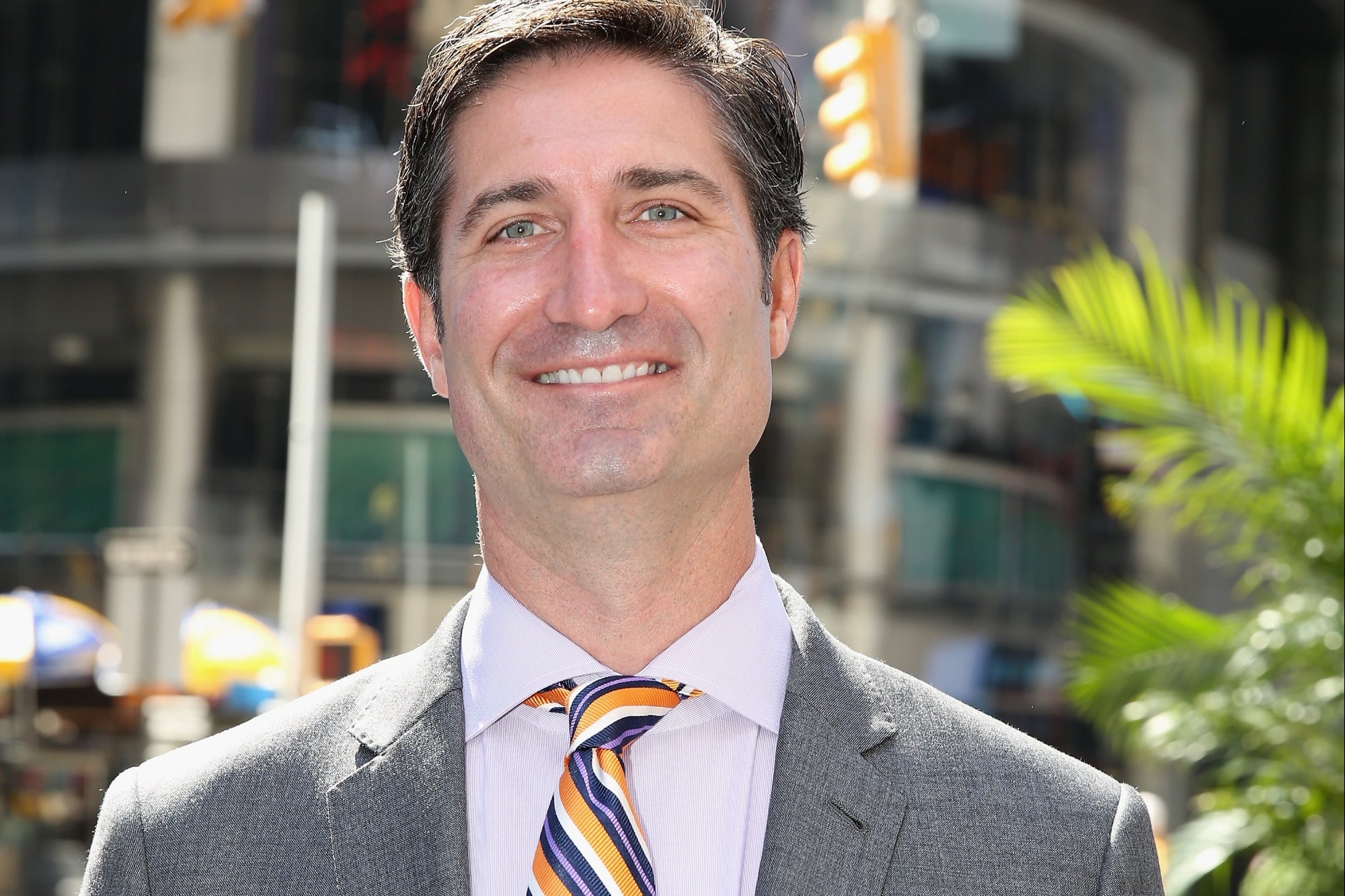The Best Way to Avoid Toxic Hires Is to Articulate Your Company Values Companies that make their values plain are far less likely to suffer the trauma of problem employees.
By S. Chris Edmonds Edited by Dan Bova
Opinions expressed by BIZ Experiences contributors are their own.
"You can't make up in training what you screw up in hiring."
This is one of my favorite quotes from my best boss, Jerry Nutter. Jerry shared insightful observations with his team members every day. We called his observations "Nutterisms."
This Nutterism stuck with me. In my work with small businesses, I see the impact of lousy hires all the time. Lousy hires erode trust in the workplace. They reduce productivity. They deliver lousy service - to internal and external customers. They don't keep their promises.
Related: Creating and Keeping a Positive Company Culture
Yet those lousy hires continue to have jobs. They come in to work each day and erode team excellence and team engagement.
Business leaders usually know when they've made a hiring mistake. There is "noise in the system" - team members complain about that person's behavior and negative impact. Performance is inconsistent. Customers complain. Leaders can see and feel the tension created by this person's actions.
Leaders tell me they see three options available to help them address the lousy hire - none of which are particularly enjoyable to engage in!
One, a leader can ignore the person's negative impact - and tolerate their behavior. The "logical consequences" of this approach include continued bad behavior, continued negative impact, and further erosion of team excellence and engagement.
Two, a leader can confront the person's behavior. They can pull the player aside, describe their behavior and it's negative impact, and outline a "performance plan" to get the person to stop the lousy behavior. Few of us humans enjoy conflict - and this discussion is often conflict-ridden.
And, the logical consequences of this approach include the person not changing their lousy behavior anyway.
Three, a leader can fire the person. Firing the lousy hire isn't a fun conversation. Once that drama is done and the player is gone, the logical consequences include an open position that needs to be filled quickly and, of course, the residual negative dynamics of the lousy hire's behavior.
Related: Create a Positive Corporate Culture
I suggest a fourth option - a much more proactive, broad stroke approach that will benefit overall team performance and team engagement. This approach creates a work environment based on trust, dignity, and respect.
A leader can implement an organizational constitution.
An organizational constitution outlines the team's purpose - it's "reason for being" today. It formalizes the team's values and behaviors so there are clear guidelines for how team members are to treat each other and customers. Finally, it clarifies the team's strategies and goals so performance expectations are explicit.
As most businesses have some form of strategies and goals in place today, the greatest effort in crafting an organizational constitution is spent with clarifying the team's purpose, values and behaviors.
The "broad stroke" approach means that the leader isn't just aiming to change the behavior of one lousy hire (or even two). Your organizational constitution outlines expectations for everyone in the business - including owners, leaders, and team members.
The logical consequences of implementing an organizational construction include everyone knows what a good job looks like in terms of performance requirements and team citizenship. Two more logical consequences fall under the umbrella of "demands on the business owner." First, the owner must be a role model of the purpose, values, and behaviors in every interaction. Second, the owner must spend time and energy holding everyone accountable for both performance and values, every day.
There is one other benefit to your organizational constitution - you won't hire the same way again. You'll include values and behaviors as a vital part of candidate assessment. When you hire for skills AND for values, everyone wins.
Related: Go Beyond the Mission Statement to Revitalize Workplace Creativity











